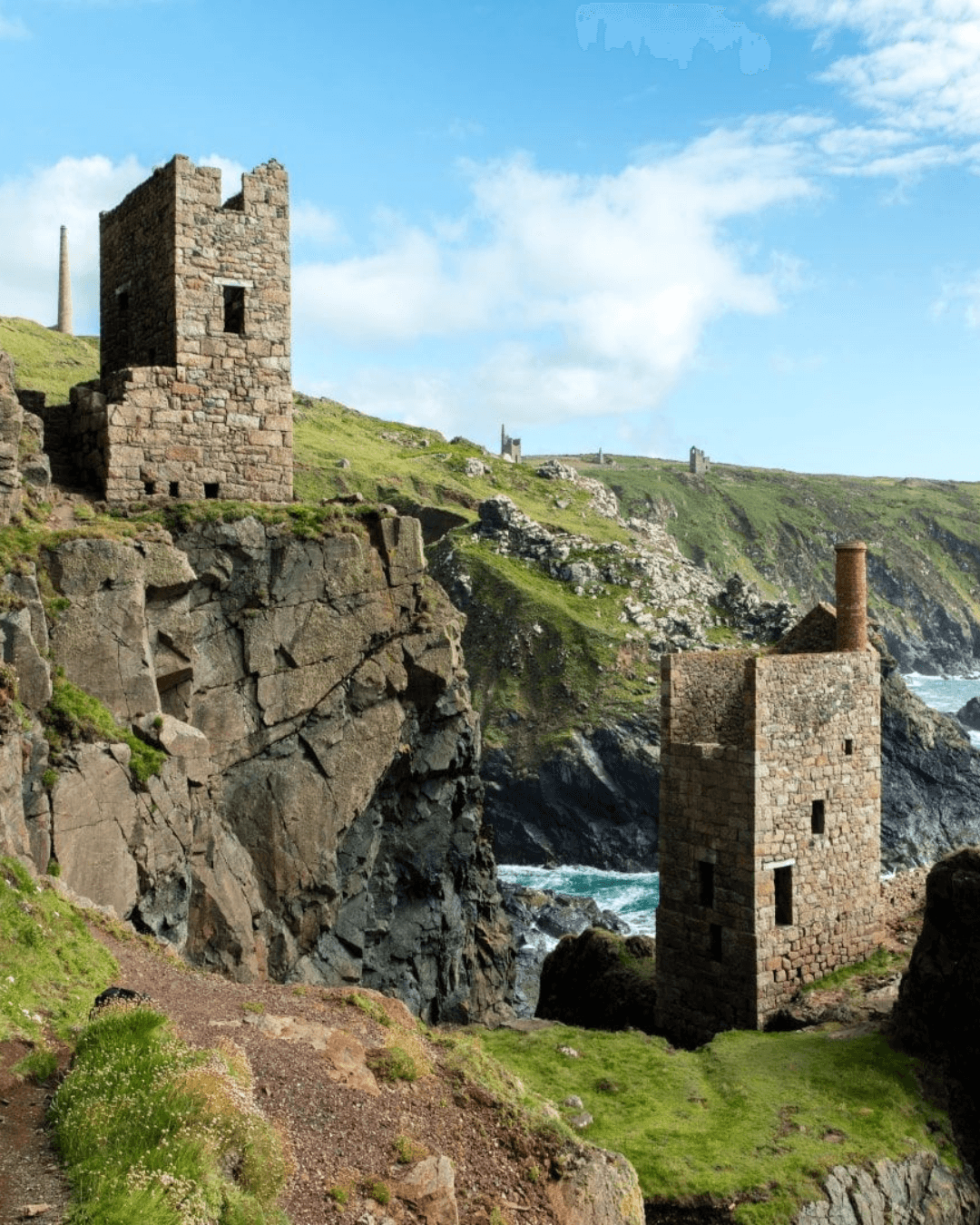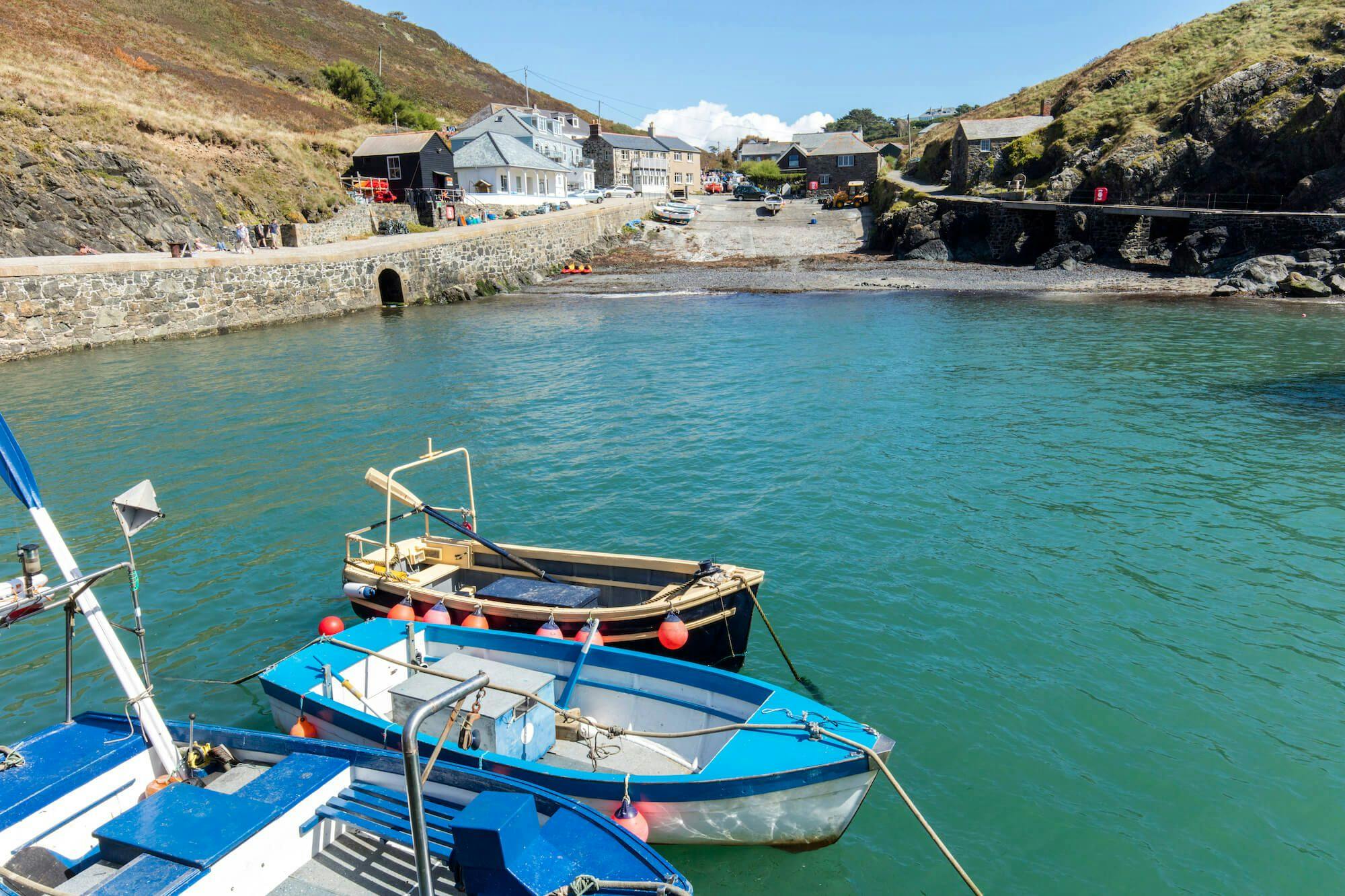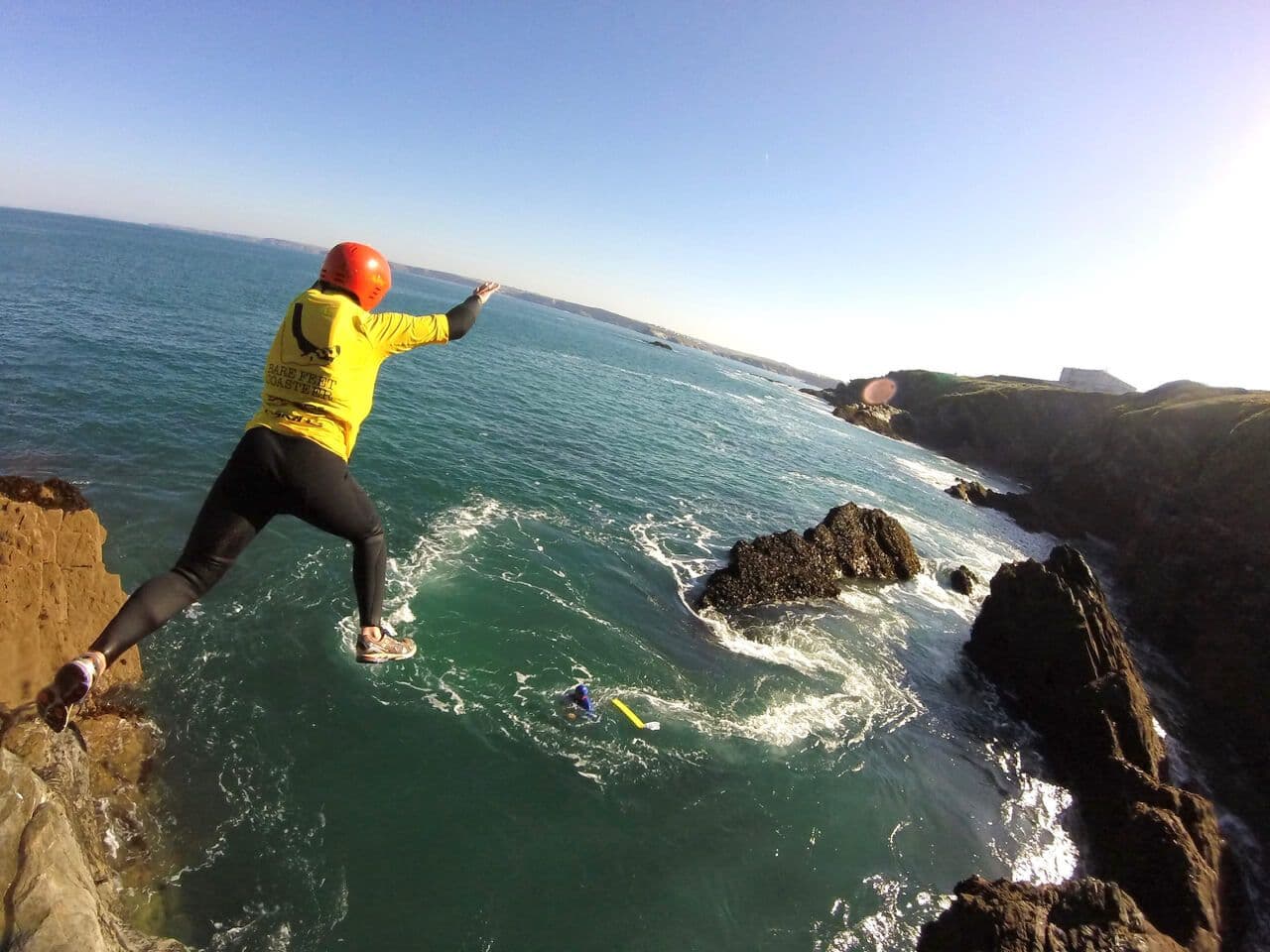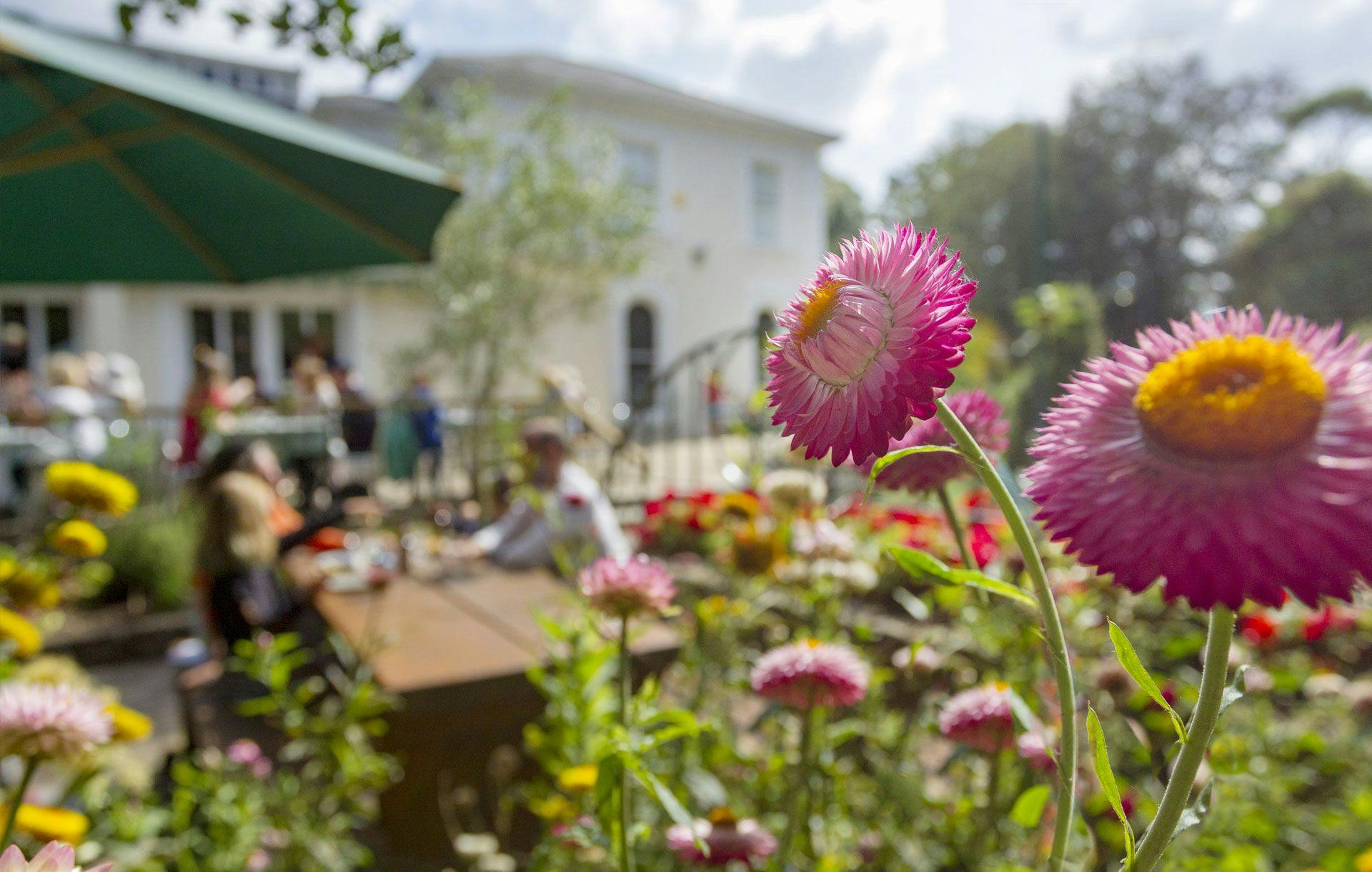Why Poldark has to be filmed in Cornwall
Any visitor or local will tell you; there's nowhere on earth quite like Cornwall. It may sound a tad cliché, but the fact remains. Cornwall's uniqueness derives from the location and geography of the peninsula. Situated at the far south west tip of the UK, Cornwall dips its toe out into the passing Gulf Stream of the Atlantic Ocean, dividing the water into the Celtic Sea of its north coast and the relative calm of the English Channel on its south coast. It is this division that creates the dual characters that make up Cornwall's split personality. To the south; the chocolate box coves and havens that have for millennia offered sanctuary and shelter to fishermen and sea goers. These now offer peaceful places to enjoy a restful break. Many of the fishermen’s cottages of old are now providing holiday accommodation for those seeking to get away from it all. Harbours and marinas offer a multitude of opportunities to get out and enjoy some time on the water, whether or not you choose to throw a line into the sea to catch your dinner for a beach barbecue!
Conversely the north coast bravely faces the challenges of three thousand miles of Atlantic swell and as such the cliffs are steeper, the beaches more dramatic and the further west you go, the history owes more to mining than to fishing. There are still many cottages in which to enjoy Cornish hospitality but they may have originally been built to house miners rather than seafarers.
Poldark author; Winston Graham, understood the duality of Cornwall. Living as he did on the north coast in what was the thriving mining community of Perranporth, he immortalised the local tin mine of “Wheal Leisure” as that of his renegade hero, Ross Poldark.
The Poldark's were north coast gentry. Their wavering fortunes linked inextricably to the vagaries of the mines and farming land that they owned. The massively changing weather systems that attack the north coast of Cornwall, often with very little warning, defined the success or failure of a harvest. In the eighteenth century this translated into survival or starvation for the poor, and the patrician family, such as the Poldark's, were responsible for keeping not only their own family provided for, but also the workers that depended on them for survival. There is simply no coastline anywhere else in the world that delivers the drama of this weather dependent struggle. Strung along the north coast, mainly westwards from Perranporth are some of the remaining dejected engine houses that are synonymous with Cornish mining heritage. They numbered in the thousands at the height of the industry but as mines were “worked out”, the expensive steam engines were moved and the engine houses were often dismantled and their heavy, hard granite rocks used to rebuild new ones as new ore deposits were located. It was cheaper and easier to do this than to quarry new rock.
In the most recent Poldark adaptation, they have cleverly utilised both the mining heritage coastline and combined it with the natural drama of ancient Bodmin Moor and juxtaposed this with the gentle seascape of Charlestown harbour on the south coast. The pace and emotion of scenes shot on the clifftops contrast with the calm waters of the south coast trading ports, where so much business of the day was conducted.
So the Poldark story is made up of emotions, drama and the varying fortunes of merchants and miners. The contrasting sea states of north and south coasts evoke the inner conflict of Ross Poldark, the man. A flawed hero who vacillates between the attractions of his softer more gentile first love, Elizabeth, and the raw passion that typifies his relationship with his wife Demelza.
When Graham wrote his first novel, Ross Poldark, he created a protagonist that was as much a son of Cornwall as he was a son to the Poldark legacy. As such, to film Poldark anywhere other than Cornwall would have been unthinkable and would be to strip Ross of his character and to have missed what the author wanted to convey in all its complexities. Cornwall is Poldark Country, always has been, always will!
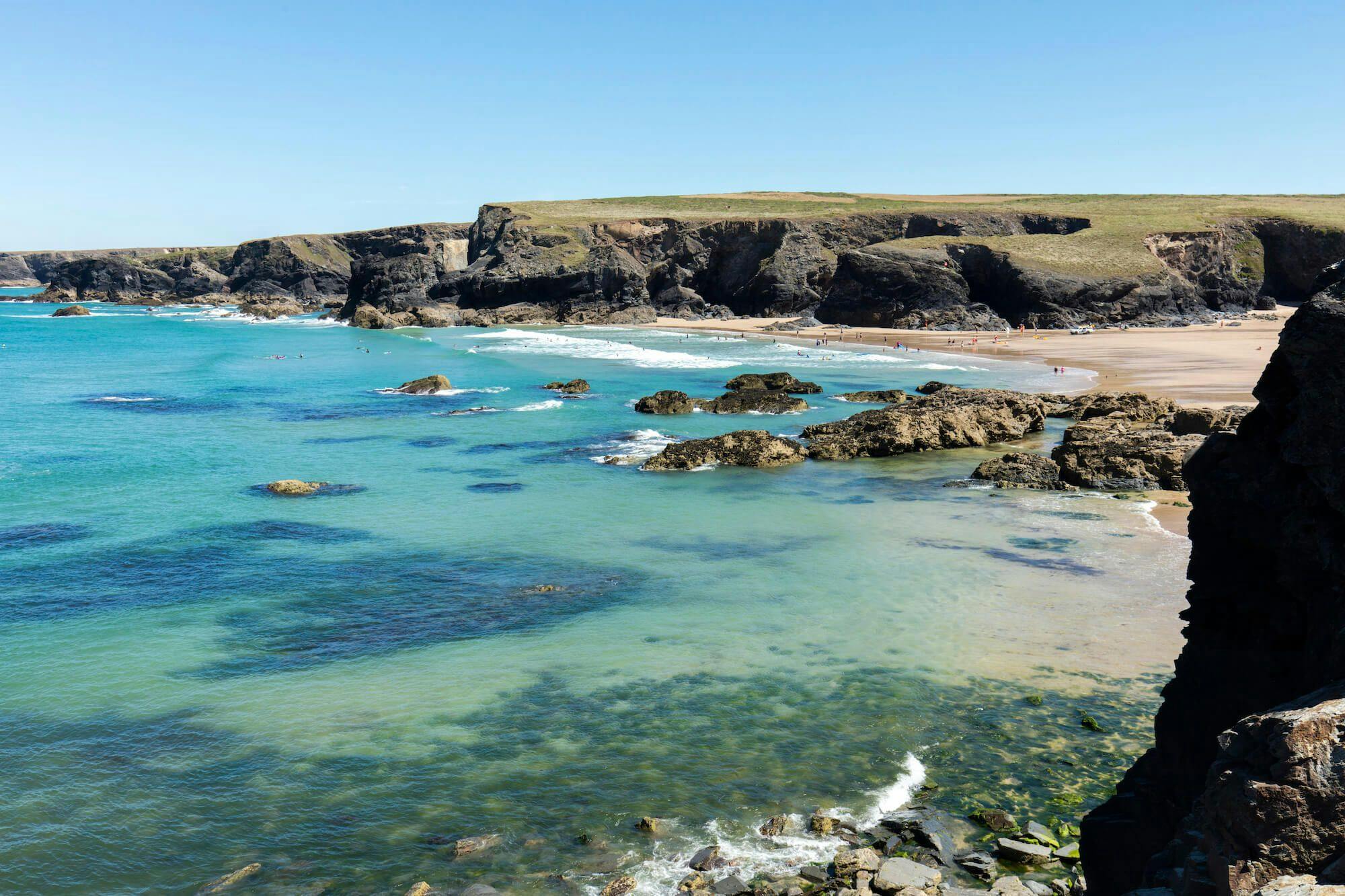
Your weekly dose of Cornish cheer!
When you can’t be in your favourite place all the time, catch up on the latest stories, upcoming events, holiday ideas, and offers with a newsletter straight to your inbox. Terms and Conditions / GDPR compliance: by providing personally identifiable information Visit Cornwall will use it to provide you with ongoing information about their products and services. No one from Visit Cornwall will rent, sell or lease this personally identifiable information to other companies or individuals.
Stay connected
Find us on socials and stay connected with the Cornwall you love.
We use cookies to personalise content and ads and to analyse our traffic. You consent to our cookies if you continue to use our website. (Privacy Policy)
